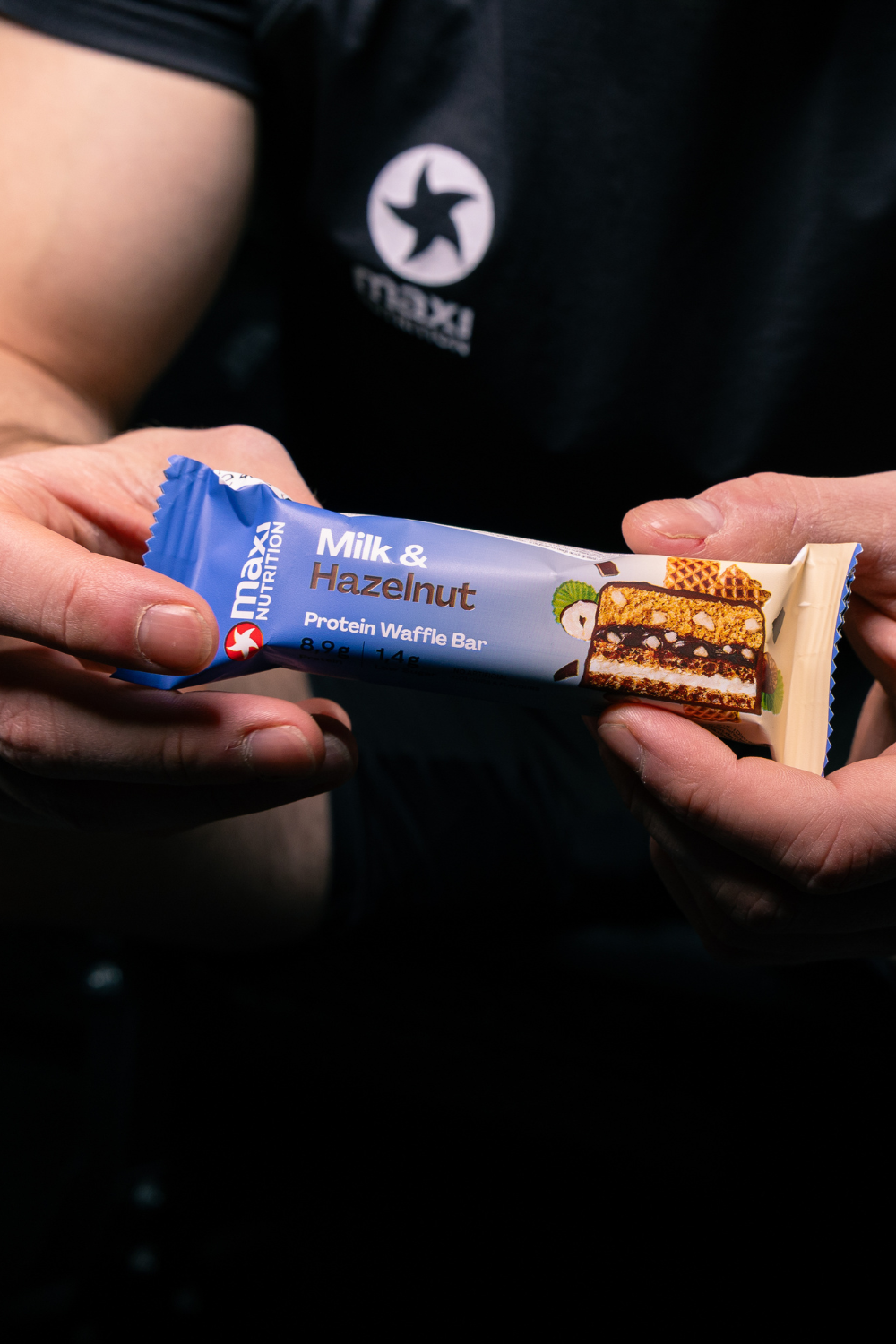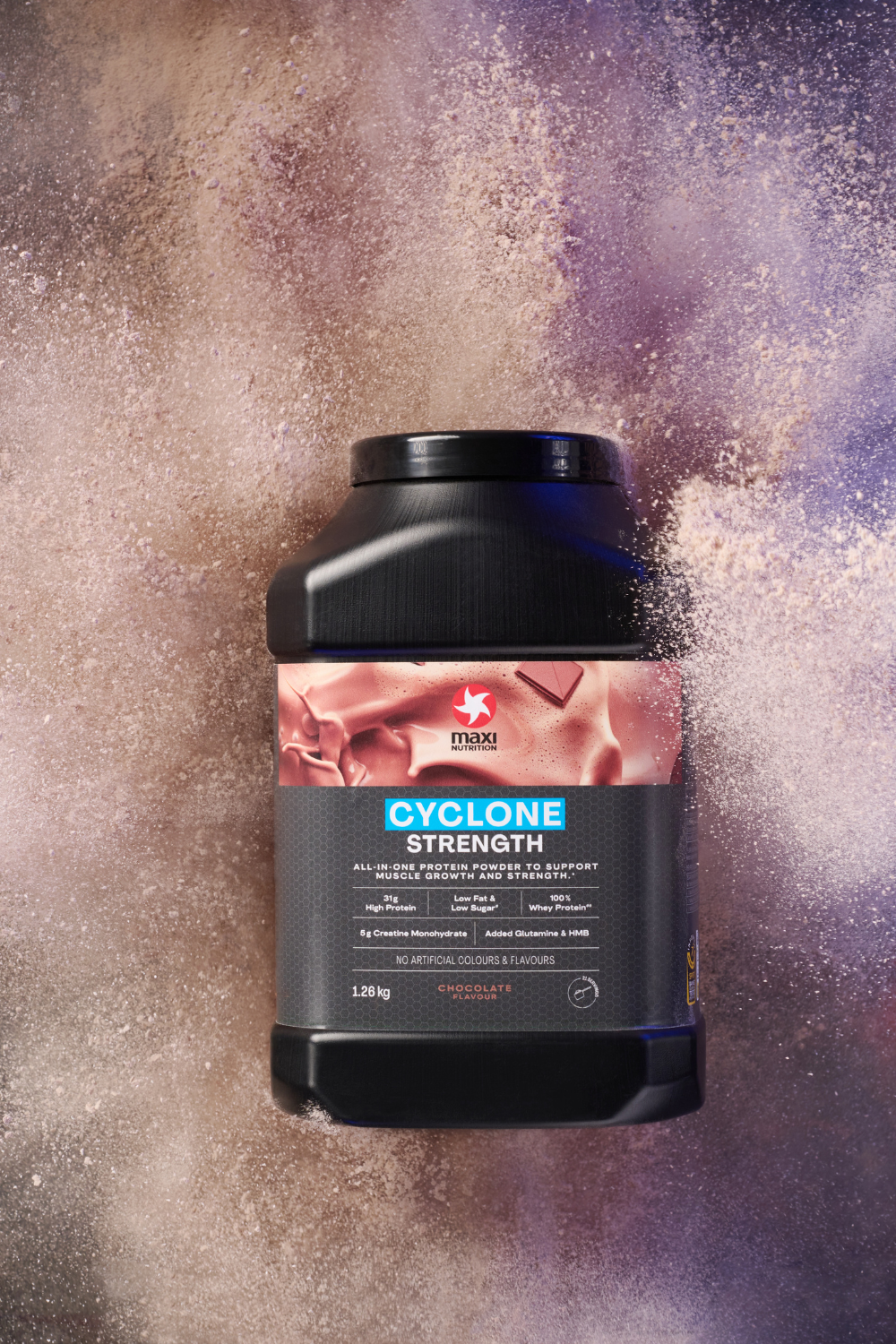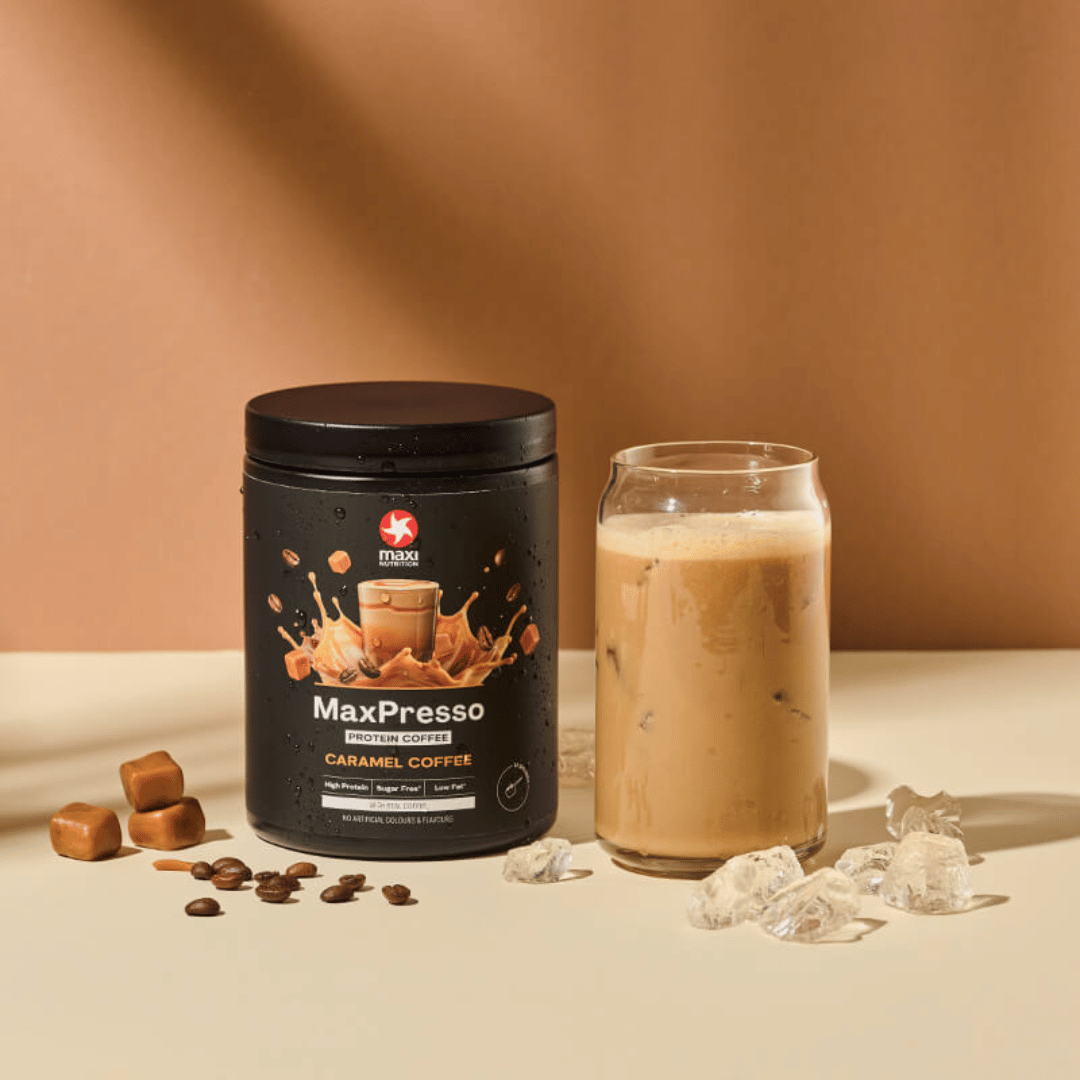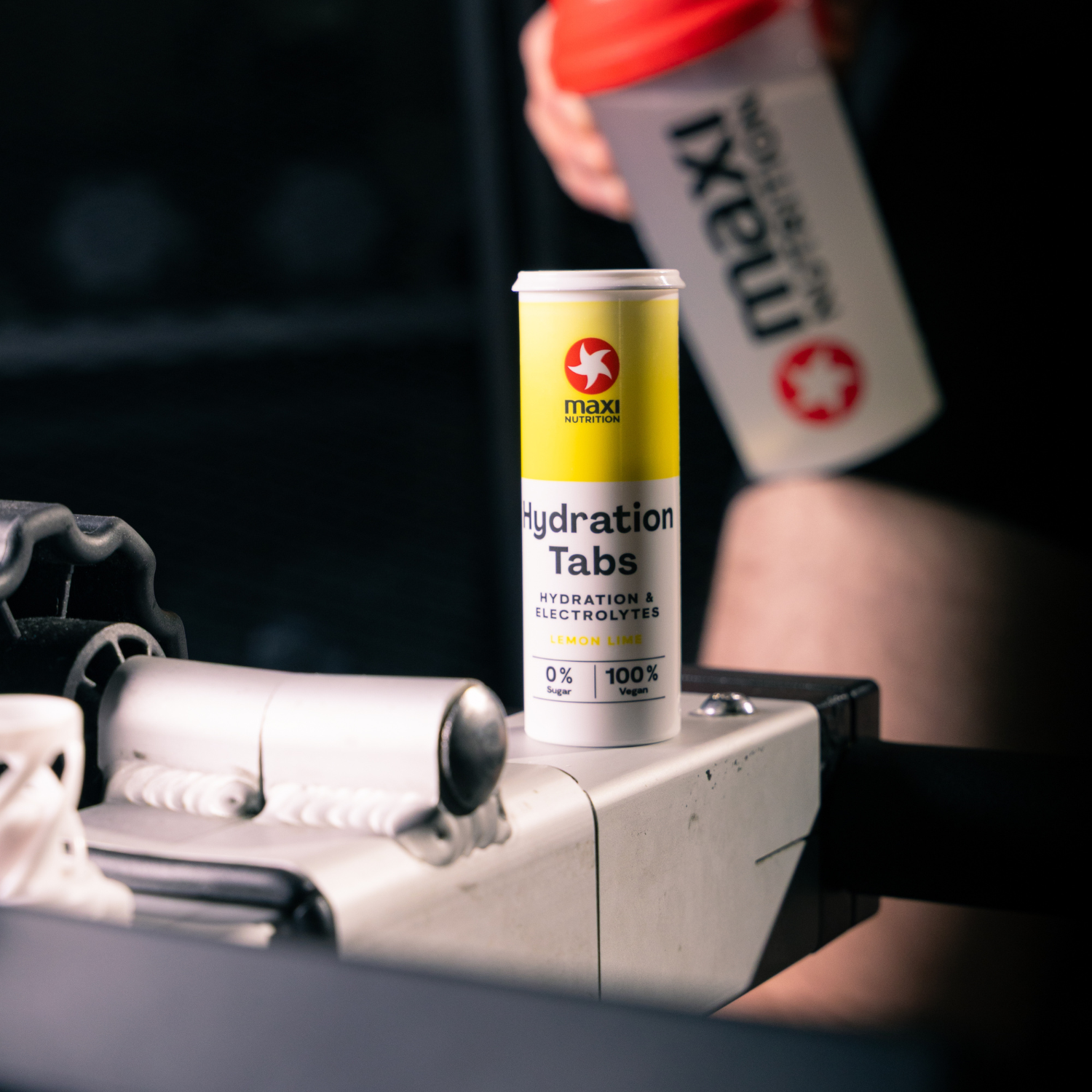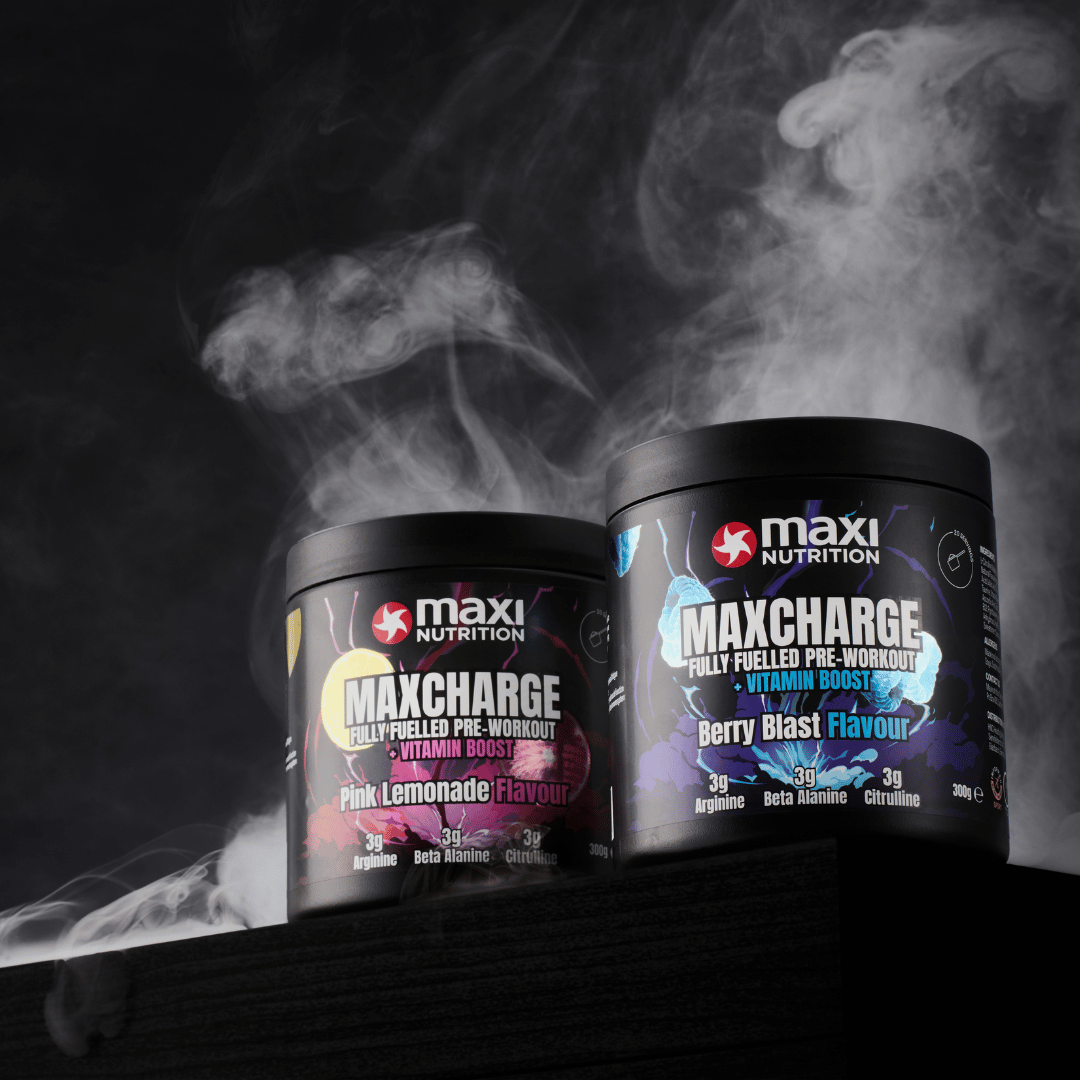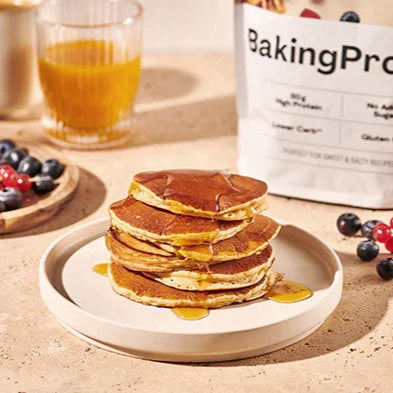Father's Day Special - Nutrition Advice
Instead of the yearly pyramid shaped chocolate bar, golf ball duster or stripy socks, why not encourage your Dad on his journey to becoming a healthier, active person. In honour of Father’s Day we’ve pulled together a simple guide that covers a few health and wellness topics for the older gents in your life.
Measure Body Mass Index
As age increases it’s easier to pack on the pounds, physical activity tends to decrease as well as a body composition shift to decreased muscle and increased fat. Fat tissue requires less energy to maintain compared to muscle, thereby overall daily calorie intake should reduce. If regular exercise and a healthy diet aren’t kept in check weight can gradually creep up, and thanks to hormonal changes with age older men can often see this excess fat being laid down around the waist causing a typical apple body shape. Obesity is a risk factor for cardiovascular problems such as heart disease, type 2 diabetes, some cancers and mental health problems.
A useful way to check for a healthy weight is to calculate Body Mass Index which is determined by height and body weight. Although BMI is not always wholly accurate, i.e someone who is highly muscular will appear as obese on the scale, it’s a good place to start. There are numerous free online calculators that can help evaluate BMI.
Stay active
Regular exercise, at least 150 minutes per week of moderate activity can help to protect against certain age related diseases, improve well-being and help with joint stiffness associated with arthritis which is a common barrier to activity.
Swap in healthy fats
Older men, especially those with high cholesterol, should limit the amount of saturated fat in their diet to less than 30 g per day. Ways to strip down on saturated fat in the diet can be to opt for extra lean mince and drain off excess fat, choose reduced fat cheese and use butter sparingly, or better yet use a reduced fat spread.
Swap in fat sources rich in the Omega-3 fatty acids; EPA & DHA, which have been linked to healthy heart function. A healthy diet should include at least two portions of fish per week, one of which should be oily fish such as salmon, herring and mackerel which are good sources of these Omega-3s. If you’re not a fish lover try adding 2 Tbsp flaxseed or chia into your porridge, or snack on a handful of walnuts which are also good source of Omega-3.
Ditch the salt
For some, reaching across the dinner table for the salt before tasting food can almost be an unconscious decision. Too much salt can raise blood pressure and we’re advised to have less than 6 g of the white stuff per day. Reduce your intake by experimenting with different herbs and spices, and make sure to look closely at nutrition labels for the salt content of foods.
Look after your bones
As age increases bone mass tends to decrease. Older adults are advised to consume more calcium and vitamin D rich foods including; low-fat and fat-free dairy products such as milk and yoghurt, green leafy vegetables and canned fish to help maintain strong and healthy bones. Protein intake from lean sources such as turkey and chicken, along with plant based sources like beans and pulses, is also important to help keep bones healthy.
Go easy on alcohol intake
High alcohol intakes have strong links to heart disease, cognitive decline, and the empty calories alcohol provides can contribute to obesity. Both men and women are advised not to regularly drink more than 14 units per week which equates to either; 6 pints of average strength beer or 6 glasses (175ml) of low strength wine.(source: https://www.drinkaware.co.uk/understand-your-drinking/unit-calculator)
Embrace Fibre
Fibre is a starchy carbohydrate that can help to keep your bowels healthy. Adults are advised to eat 30 g of fibre per day and can be found in brown and wholegrain foods, e.g. 2 slices wholemeal bread = 5 g fibre, 150 g baked beans = 7 g fibre, 1 apple = 2 g fibre.
Conclusion
This Father’s Day give your dad’s health a boost by encouraging him to reflect on his nutrition and lifestyle so he can be the happiest, healthiest version of himself. After all, he deserves it.


